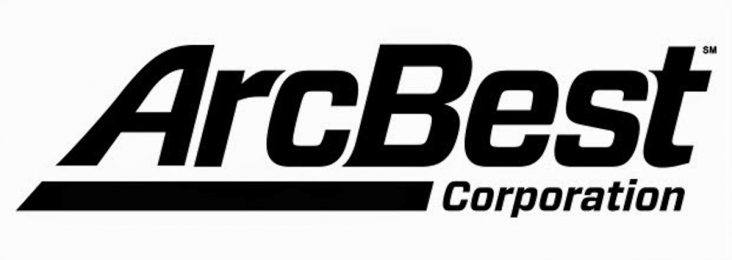ArcBest reports $7.40 million loss, stock down 20%
by May 5, 2017 9:55 am 778 views

ArcBest’s revenue rose 4% in the first quarter, but it experienced a 21% larger loss related to changes in freight in its less-than-truckload business and weaker demand, especially in the truckload sector.
In the quarter ending March 31, the Fort Smith-based transportation company reported a net loss of $7.40 million, or a loss of 29 cents per share, compared to a $6.10 million net loss, or a loss of 24 cents per share, in the same period in 2016.
The company missed the average estimated loss of 12 cents per share, according to a consensus of 10 analysts. The company also missed the revenue estimate of $662 million, according to a consensus of 6 analysts. Revenue rose to $651.08 million, from $621.45 million.
“The first quarter — typically the most challenging of the year — saw revenue growth in both our asset-based and asset-light businesses but also experienced some changing freight characteristics on the less-than-truckload side and a degree of weaker demand, particularly in the truckload sector,” said Judy McReynolds, ArcBest chairman, president and CEO. “Our enhanced market approach, in which we now offer most services under the ArcBest brand, became fully operational in the first quarter. We continue to see positive reception from customers about our heightened focus on meeting all of their supply chain needs.”
In the company’s asset-based segment, which includes less-than-truckload carrier ABF Freight, revenue rose 4.9% to $464.4 million. Operating loss was $10.02 million, compared to an $8.99 million loss in the same quarter in 2016. Tonnage fell 0.7%, and shipments per day increased 5.7%.
Total billed revenue per hundredweight rose 6.3% and “was positively impacted by changes in shipment profile and higher fuel surcharges,” according to a news release. “Excluding fuel surcharge, the percentage increase on ArcBest’s asset-based LTL freight was in the low-single digits.”
Operating loss rose 11% to $10 million, and its operating ratio increased to 102.2% from 102%.
While tonnage declined in its asset-based segment, revenue rose because of “solid increases in revenue per hundredweight.” This segment “maintained pricing discipline, and average shipment rates were positively impacted by changes in freight profile and increases in fuel surcharge,” the release showed.” Shipment growth continued, leading to an increase in the amount of freight handling labor and purchased transportation.
“Equipment repositioning costs continued to be meaningfully below last year while first quarter freight handling productivity improved slightly.” Maintenance costs were higher, but new tractors are set to arrive in the second quarter. This will improve equipment efficiencies, should decrease maintenance costs and lead to lower city pickup and delivery costs. A rise in the severity of healthcare claims negatively impacted costs in the first quarter.
In its asset-light segment, revenue rose 3% to $193.1 million, from $186 million. Operating income increased 90% to $1.9 million, from $1 million. The rise in revenue “was the result of growth in expedited services and the impact of additional dedicated truckload business related to a second-half 2016 acquisition,” according to the release. “Net revenue margins were compressed as a result of increased market rates for purchased transportation.” The company’s international revenue and margins were down because of the “lingering effects of disruption in the ocean shipping market.” The company’s FleetNet business reported operating income similar to the same quarter in 2016 “because of improved labor efficiencies and positive changes in customer mix.”
“We remain cautiously optimistic that the 2017 operating environment will improve going forward,” McReynolds said. “Regardless of the environment, our entire team is singularly focused on delivering an excellent customer experience and broadening awareness of the full scope of solutions we provide.”
As of mid-morning Friday (May 5), shares of ArcBest (Nasdaq: ARCB) were trading at $21, down $5.25 or 20%. In the past 52 weeks, shares have traded between $33.95 and $14.85.
